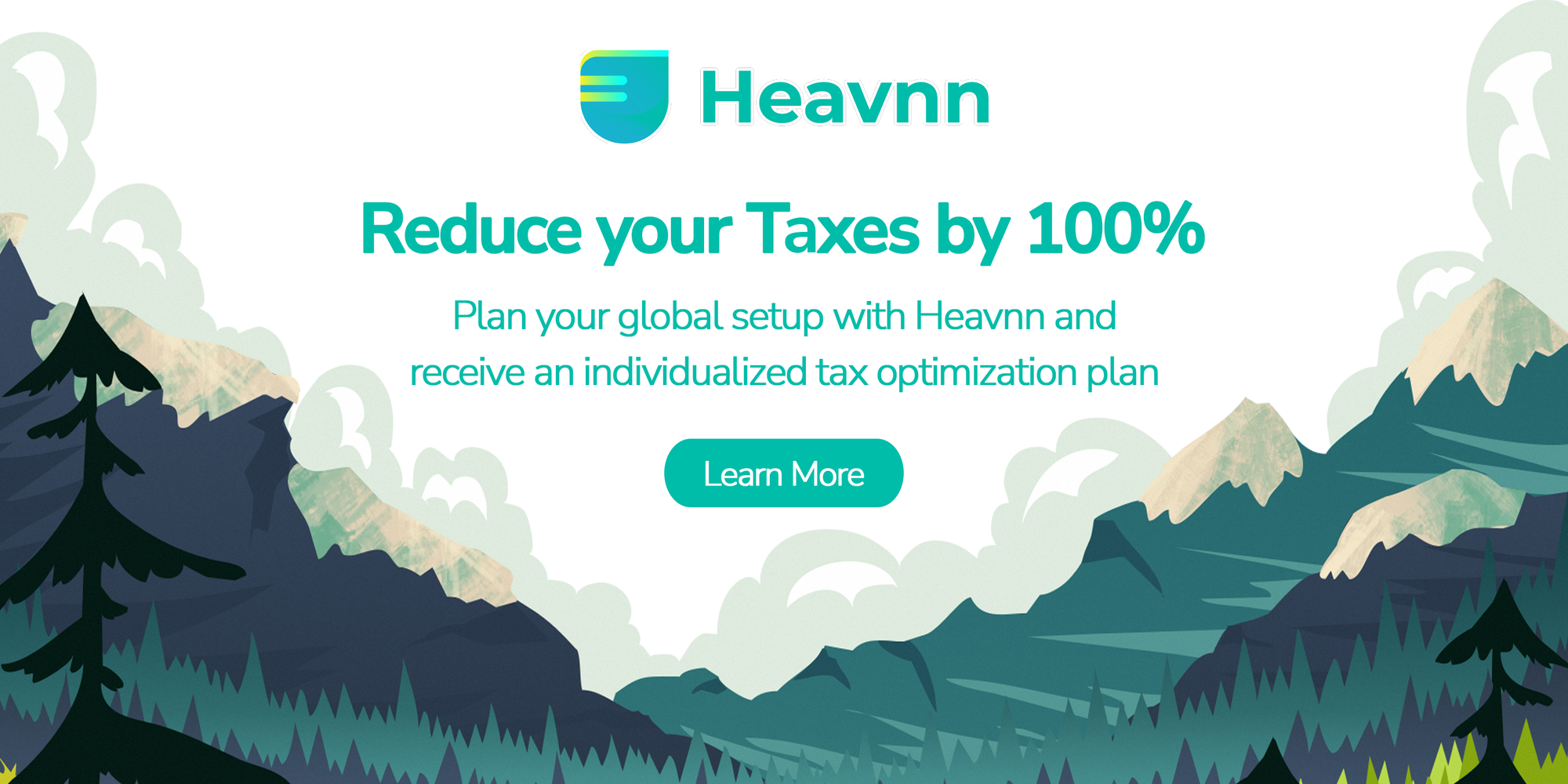For digital nomads, a Virtual Private Network (VPN) is an essential tool for securing your internet connection and protecting sensitive information while traveling. VPNs provide a secure, encrypted tunnel for your online activities, ensuring your data remains private and inaccessible to hackers, especially when using public Wi-Fi networks.
Why VPNs Are Important
As a digital nomad, you frequently access the internet from various locations, often relying on public Wi-Fi networks in cafes, airports, and hotels. While convenient, these networks are typically unsecured, making it easy for cybercriminals to intercept your data. A VPN encrypts your internet connection, making it nearly impossible for hackers to see what you’re doing online or steal your personal information.
In addition to security, VPNs allow you to bypass geo-restrictions. This is particularly useful if you need to access content or websites that are blocked in the country you’re currently in, such as specific news sites, streaming services, or even your home country’s banking website.
How to Choose the Right VPN
Choosing the right VPN is crucial for ensuring your security and privacy. Here are some factors to consider:
- Encryption Standards: Look for a VPN that offers strong encryption, such as AES-256, which is considered military-grade and is the standard for most secure communications.
- No-Logs Policy: Ensure the VPN provider has a strict no-logs policy, meaning they do not keep records of your online activities. This is crucial for maintaining your privacy.
- Speed and Performance: VPNs can slow down your internet connection due to encryption. Choose a VPN that offers high-speed servers to minimize this impact, especially if you rely on fast internet for work.
- Global Server Network: A VPN with a wide range of servers in different countries allows you to choose the best location for your needs, whether you want to access region-specific content or optimize your connection speed.
- Ease of Use: The VPN should have a user-friendly interface, making it easy to connect to a server and adjust settings as needed.

Setting Up and Using a VPN
Once you’ve chosen a VPN, setting it up is typically straightforward:
- Download and Install the VPN App: Most VPN providers offer apps for various devices, including laptops, smartphones, and tablets. Download the app from the provider’s website or your device’s app store.
- Log In and Select a Server: After installing the app, log in with your account details, and choose a server based on your location needs. For example, if you want to access content from the US, select a US-based server.
- Connect to the VPN: Once you’ve selected a server, click “Connect” to establish a secure connection. Your data is now encrypted, and your IP address is masked.
- Enable Auto-Connect: To ensure your data is always protected, enable the auto-connect feature, which automatically connects you to the VPN whenever you access the internet.
Best Practices When Using a VPN
While using a VPN significantly enhances your security, it’s essential to follow some best practices to maximize your protection:
- Always Use a VPN on Public Wi-Fi: Never connect to public Wi-Fi without first enabling your VPN. This is where you’re most vulnerable to cyberattacks.
- Keep Your VPN Updated: Regularly update your VPN app to ensure you have the latest security patches and features.
- Test Your VPN Connection: Periodically check your VPN’s performance and ensure it’s working correctly. Use online tools to verify your IP address is masked and your connection is secure.
- Switch Servers if Needed: If you notice your connection slowing down, try switching to a different server. Some servers may be faster or more reliable than others based on your location.
Using a VPN is a non-negotiable aspect of digital security for nomads. By encrypting your internet connection, protecting your data, and allowing you to access content from anywhere in the world, a VPN is a powerful tool in maintaining your online privacy and security while on the move. Incorporating a VPN into your daily routine is a small step that can make a significant difference in protecting your digital life.
For more insights and tips on maintaining your health while living the digital nomad lifestyle, visit our other articles in the "Cybersecurity" series. Using VPNs is one of the most important tools to use to protect yourself in a Public Wi-Fi environment. Learn more below!

Benefit from Heavnn's fusion of expert knowledge and innovative technology by clicking the button below.




